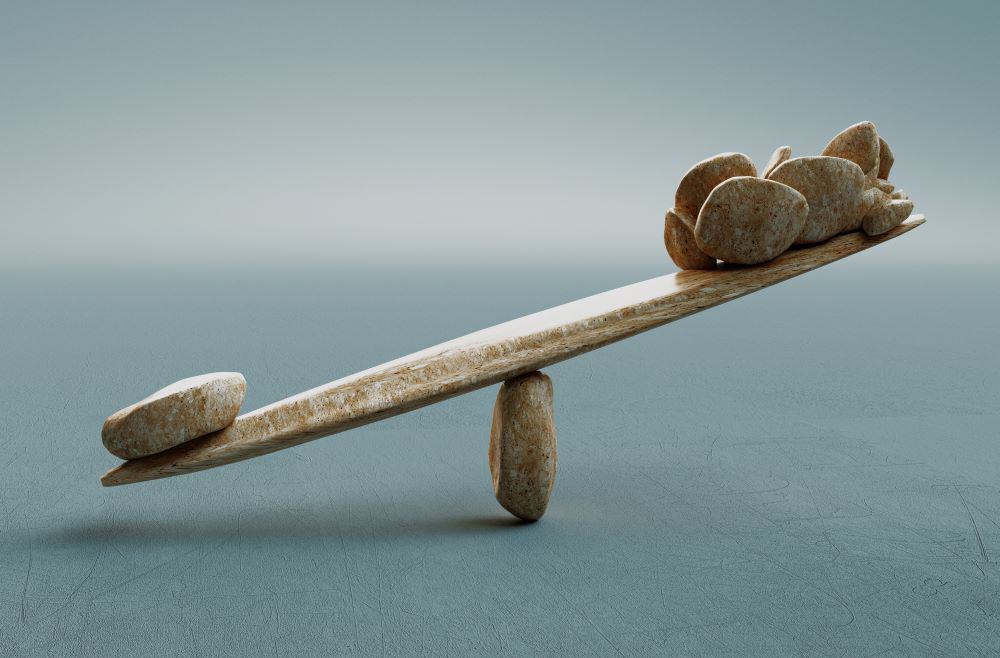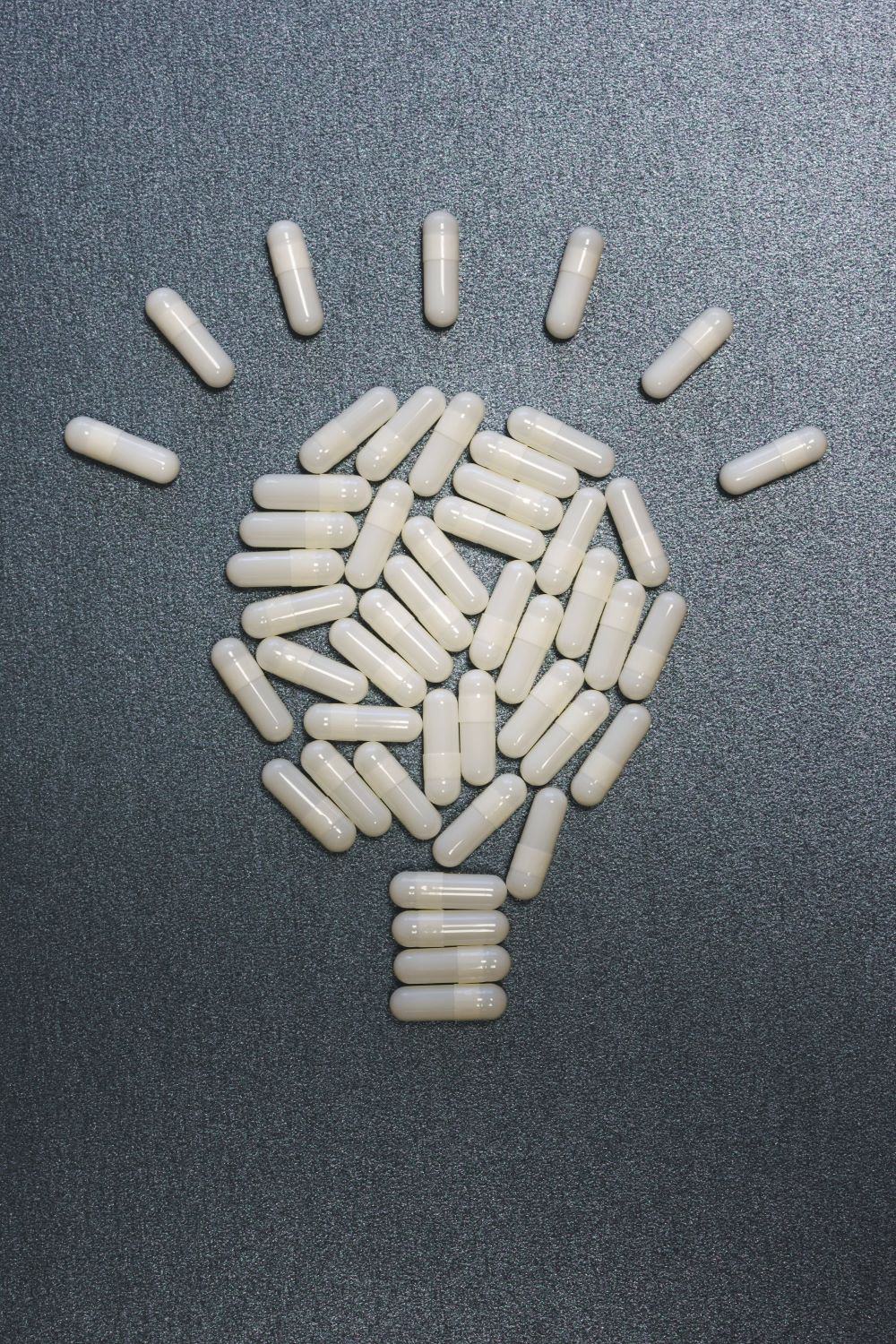Leading Edge Psychotherapy: The Psychotherapy Team
Posted on July 24, 2013
A psychotherapy team involves multiple therapists who meet successively with the same client for individual therapy. Leading edge psychotherapy teams have begun to emerge, in varying degrees, in a few state-of-the-art addiction treatment facilities. Their emergence may have occurred somewhat serendipitously but as Pasteur remarked “chance favors the prepared mind.”
To my mind, the experience with the leading edge psychotherapy team format highlights the illusion of believing that a client exists as such and that the client’s problems or difficulties exist as such. By “as such” I am referring to the idea that the client and his or her difficulties can be apprehended or discovered as they “really” are, objectively, in pretty much the same way that a physician (with the help of lab test...
full story










